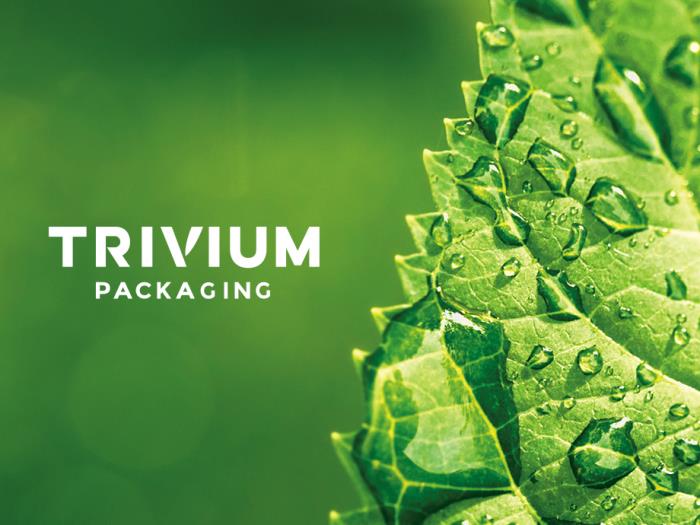

According to new research by Trivium Packaging, nearly three-quarters (74 percent) of consumers are willing to pay more for sustainable packaging. The report, developed in partnership with Boston Consulting Group, surveyed participants for their preferences related to sustainable packaging along with their willingness to pay more for products with environmentally friendly packaging.
Key report findings also include a majority of consumers who identify as environmentally aware, with more than two out of three consumers citing environmentally friendly, recyclable packaging as important. And of the 74 percent who said they would pay more for sustainable packaging, nearly one-fourth are willing to pay for an increased cost of 10 percent or more.
“This increased consumer awareness, driven by increased media coverage of the environmental impacts of pollution and large corporations transitioning away from plastics1, whether it’s straws or grocery bags, truly underscores our findings,” said Michael Mapes, CEO, Trivium Packaging. “Consumers’ focus is on sustainable living now more than ever, and they’re willing to pay to protect the planet. This presents brands a real opportunity to impact purchasing decisions by offering environmentally friendly options for their consumers.”
Report findings also show that nearly half of consumers actually shy away from harmful packaging. Of those consumers avoiding harmful packaging, 68 percent associate plastic with ocean pollution. According to research published by the American Association for the Advancement of Science, more than 8 million pieces of land-based plastic waste enters the ocean2.
“With relatively low post-consumer recycling rates (single use) plastic continues to have an environment impact. In recent years, research has shown that approximately 79 percent of plastic accumulates in landfills or the environment3”, said Jenny Wassenaar, Vice President Sustainability, Trivium Packaging. “The metal packaging industry, a steady supporter of federal and global policy for climate change, is well positioned to champion climate action, since metal packaging recycles forever4 with high post-consumer recovery rates.”
Along with the large number associating plastics with ocean pollution, the report shows that almost 60 percent of consumers say they are less likely to buy a product in harmful packaging. And of those consumers who associate plastic with being harmful, they cite it as being 80% more harmful than metal.
“The research shows us the emphasis consumers have placed on evolving our packaging options to lessen our impact on the environment,” said Mapes. “There has never been a better time to back the compelling case for metal as a much more environmentally friendly and sustainable packaging alternative.”
The survey was conducted by the Boston Consulting Group and includes responses from more than 15,000 U.S., Europe and South America consumers.
To download the full report, please visit our website at www.triviumpackaging.com
____________________________



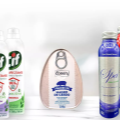

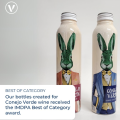
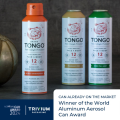





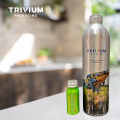

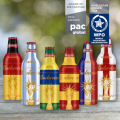

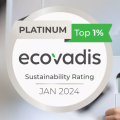
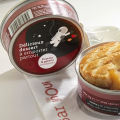
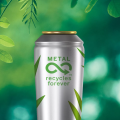
.png)

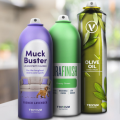
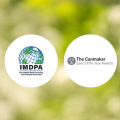

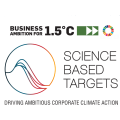
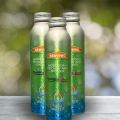

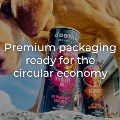
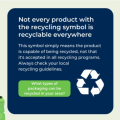
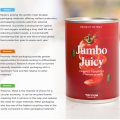
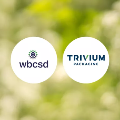
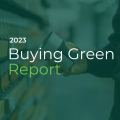
.png)
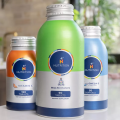




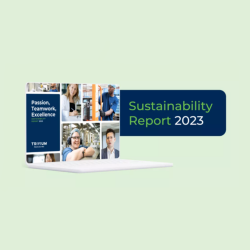
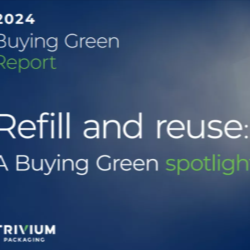




.png)
